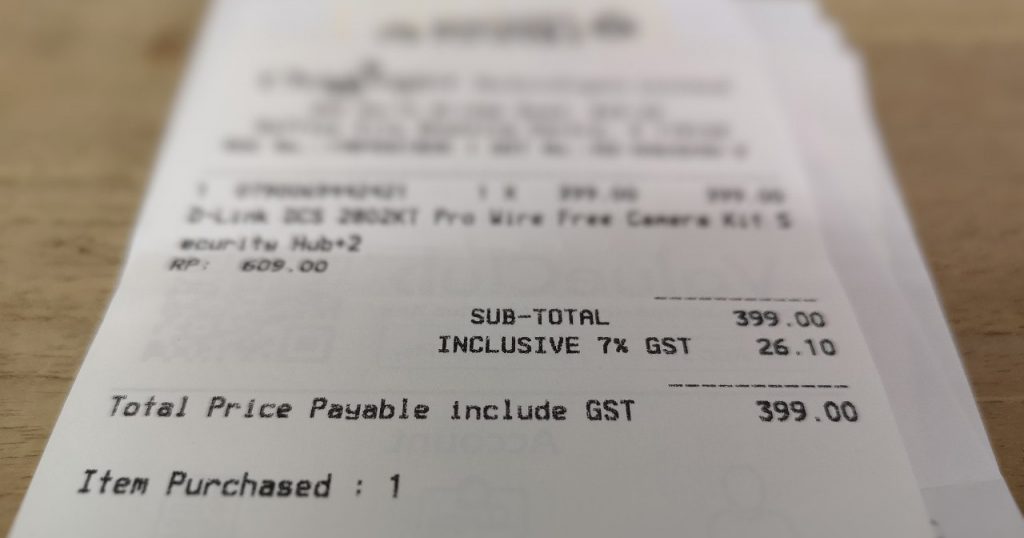As most Singaporeans know, the plan to raise goods and services tax (GST) by two per cent, from the current seven per cent to nine per cent will happen soon.
In a Parliament debate on Tuesday (Oct 5), Finance Minister Lawrence Wong said the plan to raise the GST between 2022 and 2025 remains unchanged.
Mr Wong reiterated the need to raise the Singapore government’s recurring revenues, given that recurrent expenditures such as healthcare and social spending will go up.
There is “no avoiding this”, the Minister said, adding that “all options” will continue to be considered to address income and wealth inequalities and support SMEs.
“We will continue to consider all factors including our fiscal needs, as well as the prevailing economic conditions, in deciding on the timing of the GST rate increase,” said Mr Wong.

The Finance Minister was responding to concerns raised by several Members of Parliament (MPs) during the debate on the Income Tax (Amendment) Bill, about the timing of the GST hike and the possibility of a wealth tax to manage wealth inequality.
During Budget 2018, the planned GST hike was already announced. The government rolled out a S$6 billion assurance package in Budget 2020 to help Singaporeans cushion the impact of the hike, especially for lower-income households.
As for addressing wealth inequalities, Mr Wong said that’s something that has to be studied carefully. He noted that Singapore already has a form of wealth tax through the tax levied on private residential properties, which is tiered according to the property’s annual value.
Households advised to save electricity
In a separate written parliamentary response, Trade and Industry Minister Gan Kim Yong advised households in Singapore to conserve electricity as costs are set to rise in view of the doubling of fuel prices.
Mr Gan said fuel prices have more-than-doubled over the past one-and-a-half years, impacting countries worldwide including China, Japan, UK and countries in the European Union.
Price movements in the global energy market will affect Singapore, which imports nearly 100 per cent of its energy needs, the Minister added.
Mr Gan encouraged households to “use electricity prudently” through tracking their electricity consumption patterns via the SP Utilities Mobile App and designing their homes to be more energy efficient with the help of the E2Singapore website, which is run by the National Environment Agency (NEA).

Mr Gan was responding to questions from MP Murali Pillai on the rising price of natural gas, which is expected to contribute to a steep spike in electricity prices in Singapore in the next quarter.
Last month, SP Group, Singapore’s national grid operator announced a 3.1 per cent increase in electricity tariff for households from October to December. This is the highest pricing since January to March last year.
Rising fossil fuel prices caused by the onset of the pandemic last year and changes in electricity demand has led electricity prices to climb 54 per cent in the first half of this year compared to a year ago in major advanced economies.
VP Label puts together all the best local products for you to discover in one place. Join us in supporting homegrown Singaporean brands:
Featured Image Credit: Mothership Joshua Lee










